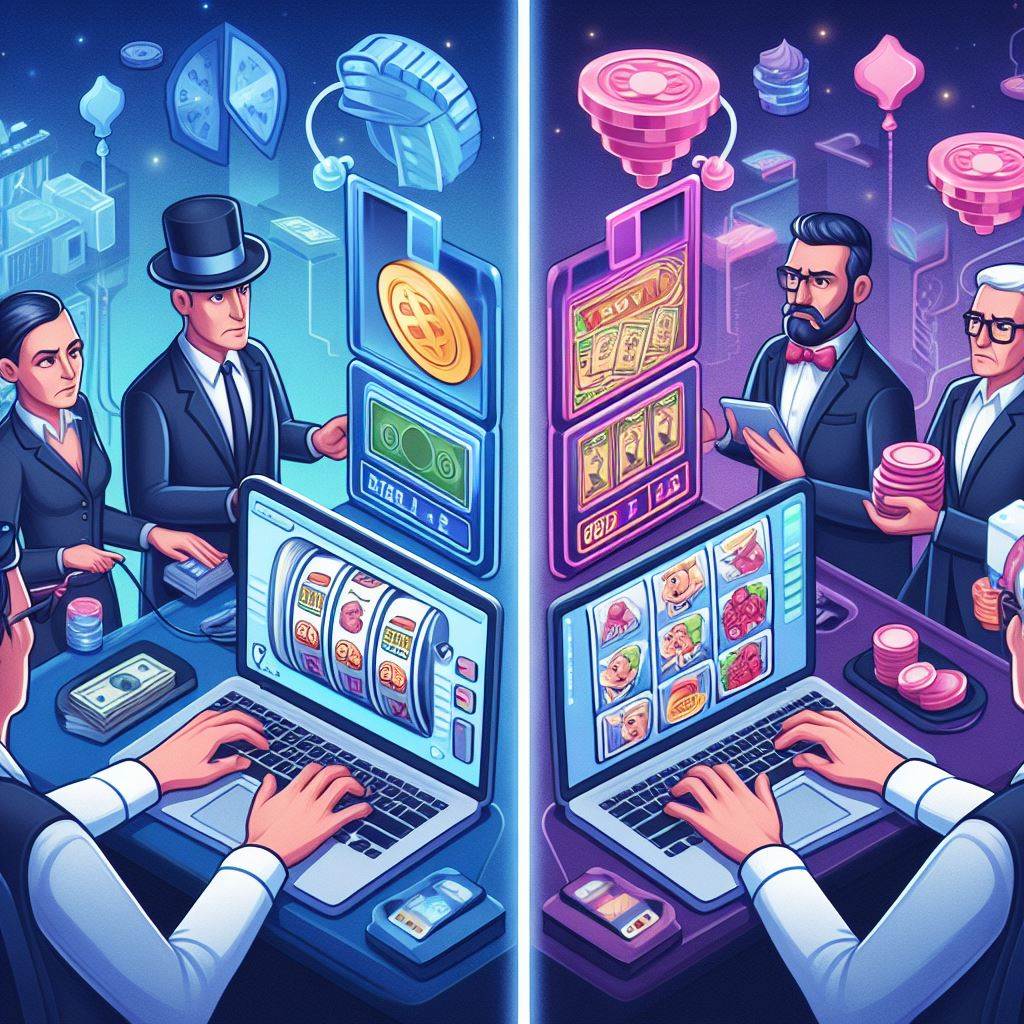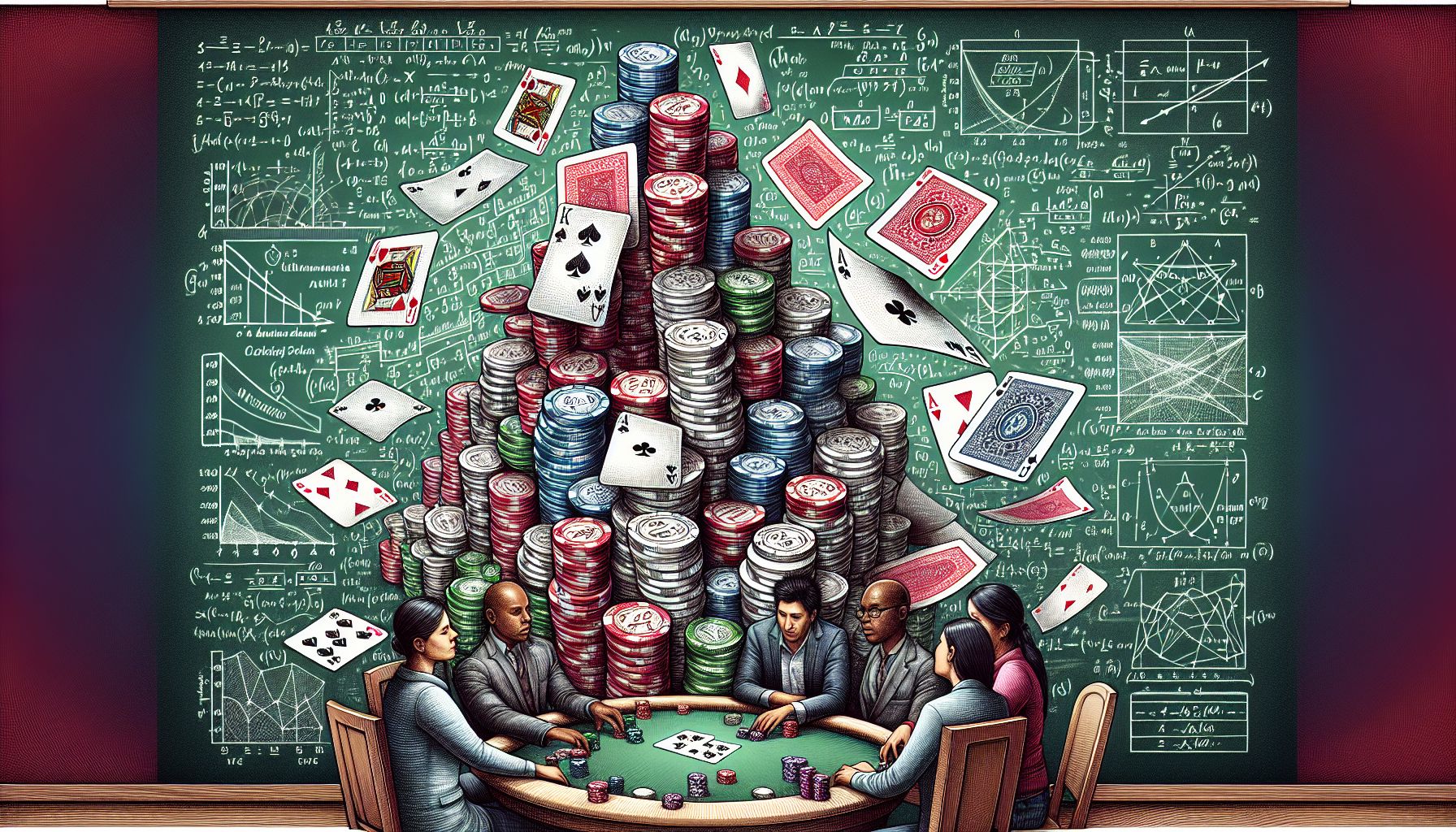In the high-stakes arena of casino poker, Players Influence the Game the chip leader is not just a player with the most chips but also the one wielding significant influence over the dynamics of the game. Understanding how top poker players leverage this position can provide fascinating insights into the strategies and psychological tactics employed at the felt-covered tables. This article delves into the nuances of being a chip leader and how elite players use this advantage to dominate poker games.
The Psychological Edge of Being a Chip Leader
The role of a chip leader extends beyond mere numerical superiority; it also imparts a psychological advantage. Having a stack larger than one’s opponents can create an intimidating presence at the table. This psychological pressure can force opponents into making errors or playing more conservatively. Top players capitalize on this by adopting an aggressive play style, Players Influence the Game putting constant pressure on their opponents, and forcing them to defend their chips on less-than-ideal hands.
Strategic Aggressiveness and Controlled Play
Aggression is a hallmark of successful poker strategy, particularly for the chip leader. By raising and betting frequently, the leader can exploit their chip advantage, putting opponents to tough decisions for their entire stack. However, Players Influence the Game the best players balance aggressiveness with caution. They know when to push their advantage and when to hold back, thereby avoiding unnecessary risks that could jeopardize their lead.
This controlled aggression becomes a tool for managing the table. Chip leaders often target weaker or more conservative players, gradually bleeding their stacks. Meanwhile, they avoid unnecessary confrontations with other strong players unless they have a significant hand or strategic reason. This selective aggression helps maintain and even expand their lead without exposing themselves to high-risk situations.
Changing Gears: Adaptability in Play Style
One of the hallmarks of a top poker player is adaptability. Chip leaders do not stick to a single style of play; instead, they adjust their strategy based on the game’s flow and their opponents’ actions. When the table is tight, they become more aggressive to exploit the general hesitancy. Conversely, if the table is aggressive, they may switch to a more conservative style, baiting opponents into overcommitting.
This ability to change gears effectively requires a deep understanding of poker dynamics and opponent psychology. Top players read the table meticulously, identifying patterns and tendencies in their opponents’ play. This insight allows them to anticipate moves and counteract strategically, often staying one step ahead.
Table Presence and Non-Verbal Communication
Beyond strategies and chips, top poker players dominate through their presence and non-verbal cues. They project confidence and control, often influencing opponents’ perceptions and decisions. Effective use of body language, eye contact, and even conversational tactics can unsettle opponents or lull them into a false sense of security.
Chip leaders use their presence to reinforce their dominance. They may display overt confidence when strong to discourage challenges or feign weakness to trap aggressive opponents. Mastering these subtleties of communication allows them to manipulate the flow of the game subtly.
The Ripple Effect: Influencing the Entire Tournament
The influence of a chip leader extends beyond their immediate table. In tournament settings, maintaining a lead can affect the strategies of players at other tables who monitor chip counts and adjust their play accordingly. As players aim to survive and advance, knowing there is a dominant chip leader can shift their strategies towards more conservative or more aggressive play, depending on their stack size and position relative to the leader.
Conclusion
The role of a chip leader in casino poker is multifaceted, blending skill, psychological tactics, and strategic foresight. Top players who reach this coveted position leverage it not just to steer their own game but to influence the entire table and, in tournament scenarios, potentially the whole event. Their ability to manage and manipulate both chips and people sets them apart, marking them as true leaders in the game of poker. Understanding these dynamics offers valuable lessons not only for aspiring poker players but for anyone interested in the strategic interplay of competition and influence.




